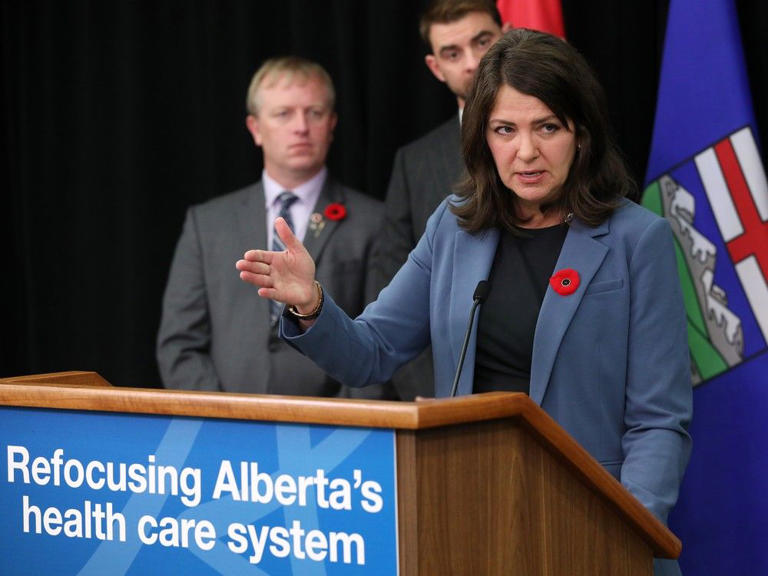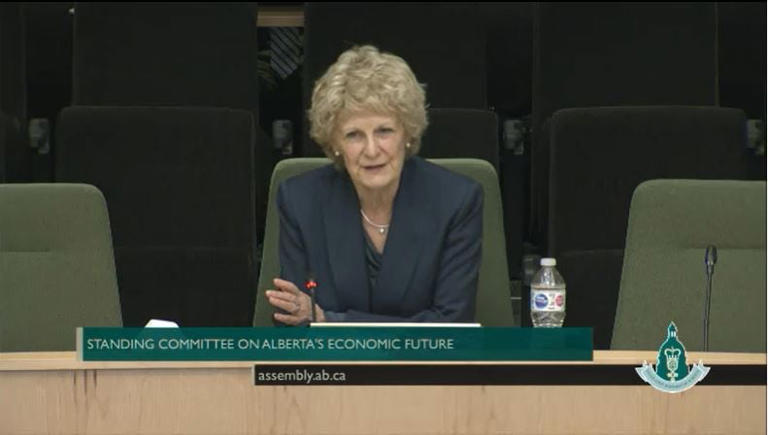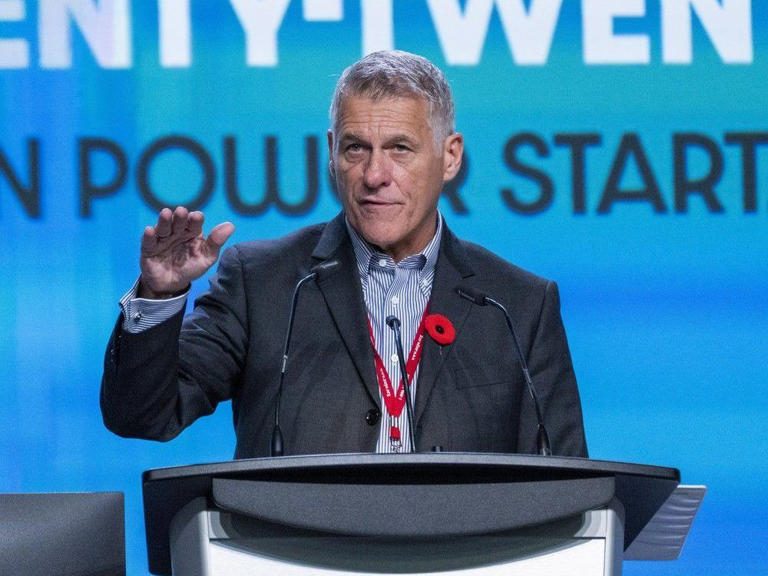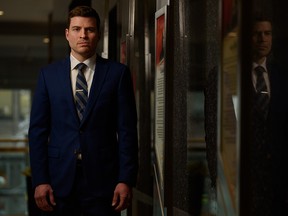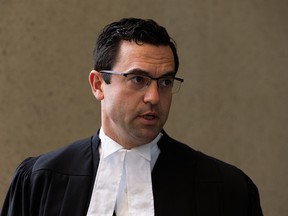
Alberta Union of Provincial Employees members stage a rally at the legislature grounds in Edmonton on Sept. 7, 2024
The Alberta Union of Professional Employees (AUPE) members and supporters across the province participated in rallies Saturday to demand better collective agreements.
AUPE hosted three Time for Action rallies simultaneously in Edmonton, Calgary, and Red Deer on Saturday from 11:30 a.m.-1 p.m. to “stand together to fight for stronger collective agreements,” according to a Thursday news release.
The rallies are the culmination of AUPE’s efforts to bring awareness to what they feel has been a struggle against the UCP for better wages and working conditions. The union has 82,000 members who are engaged in ongoing collective bargaining in sectors like health care, government services, education, boards and agencies, and municipalities, said AUPE vice-president Bobby-Joe Borodey.
She said members have not received a single fair offer from employers in 2024, and the union has been offered “literally nothing” sufficient over the last eight years. She says many members have struggled to recover from lowball collective agreements signed in the wake of the COVID-19 pandemic.
“What we’re saying is, with the cost of inflation being what it is right now, with this push by the UCP to privatize the entire public sector in this province, we’re saying enough is enough,” Borodey said. “We need contracts that actually match the level of work that we’re currently doing and the cost of living in this province.”

Alberta Union of Provincial Employees members stage a rally at the legislature grounds in Edmonton on Sept. 7, 2024© Cindy Tran
‘Market-based compensation’
Among the union’s demands is a 26 per cent wage increase over the next three years for Alberta government workers represented by AUPE, contrasting the 7.5 per cent over four years offered by the province.
Borodey said the province has stepped in to dictate what employers can offer both unionized government employees and any companies working for the province indirectly. Borodey said the evidence is the fact that both groups have been offered the same 7.5 per cent wage increase the government has offered direct employees.
Related video: Alberta officials preparing residents for housing supports as Jasper looks to rebuild (The Canadian Press)
Duration 1:36 View on Watch
Finance Minister Nate Horner pushed back in a letter released Friday, saying “the average Albertan has not seen this kind of wage increase,” about the request for a 26 per cent increase.
“This government is not going to increase taxes or cut programs and services Albertans rely on to support pay increases that are far beyond market,” Horner said. “We must remain competitive with other public sector settlements across Canada that have achieved market-based compensation.”
Horner said 7.5 per cent over four years is still significantly higher than the two to three per cent increase most Albertans received in 2023-24, and matches other settlements AUPE has agreed to in the past.
“In light of this, it’s confusing to see the narrative AUPE’s president, Guy Smith, is trying to create through his rallies, suggesting his members are facing ‘disrespect’ in collective bargaining,” Horner said

Alberta Union of Provincial Employees members stage a rally at the legislature grounds in Edmonton on Sept. 7, 2024© Cindy Tran
‘We’re doing the right thing’
However, Borodey painted this as one of the province’s many attempts to cloud the facts. She said many members had their collective bargaining in 2020 delayed by the pandemic, and the contracts ultimately signed had very little gains for employees and even saw rollbacks during the bargaining process since the wage increases did not match the cost of living increases.
As to Horner’s claim that 26 per cent is too big of an ask, Borodey said the issue is with consistency and parity — many AUPE members have seen double-digit wage increases in their agreements while other members were forced to accept no wage increases at all. When the economy takes a hit, she says, the province encourages everyone to tighten their belts, but when the economy is booming, the province’s wealth and generosity don’t seem to trickle down to workers.
“Honestly, the fact that (Nate Horner) was rankled enough to put out a letter about what we’re planning, he felt the need to put that out, that tells me that we’re doing the right thing,”‘ she said.
Related

